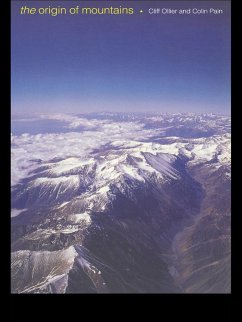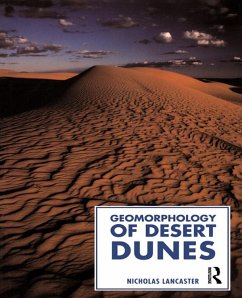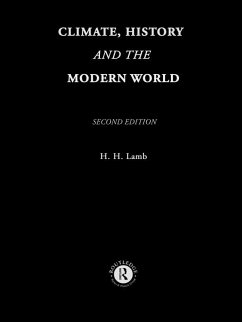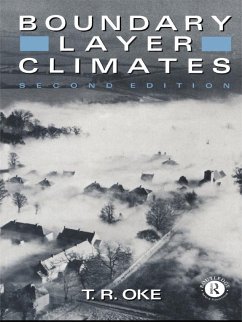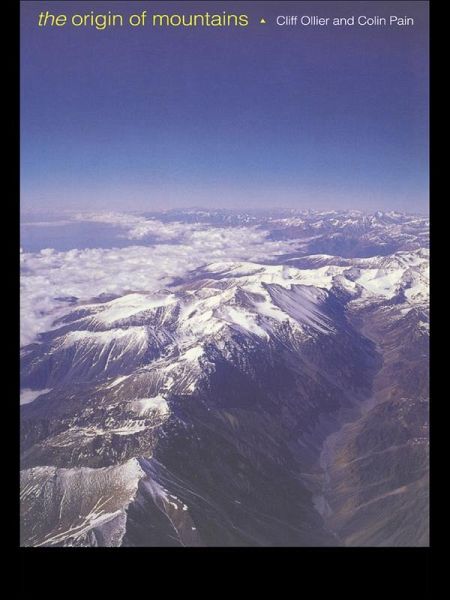
The Origin of Mountains (eBook, ePUB)
Versandkostenfrei!
Sofort per Download lieferbar
98,95 €
inkl. MwSt.
Weitere Ausgaben:

PAYBACK Punkte
49 °P sammeln!
The Origins of Mountains approaches mountains from facts about mountain landscapes rather than theory. The book illustrates that almost everywhere, mountains arose by vertical uplift of a former plain, and by a mixture of cracking and warping by earth movements, and erosion by rivers and glaciers, the present mountainous landscapes were created. It also gives evidence that this uplift only occured in the last few million years, a time scale which does not fit the plate tectonics theory.Another fascinating part of the evidence, shows that mountain uplift correlates very well with climatic chang...
The Origins of Mountains approaches mountains from facts about mountain landscapes rather than theory. The book illustrates that almost everywhere, mountains arose by vertical uplift of a former plain, and by a mixture of cracking and warping by earth movements, and erosion by rivers and glaciers, the present mountainous landscapes were created. It also gives evidence that this uplift only occured in the last few million years, a time scale which does not fit the plate tectonics theory.
Another fascinating part of the evidence, shows that mountain uplift correlates very well with climatic change. Mountain building could have been responsible for the onset of the ice age. It certainly resulted in the creation of new environments. Fossil plants and animals are used in places to work out the time of mountain uplift, which in turn helps to explain biogeographical distributions.
Another fascinating part of the evidence, shows that mountain uplift correlates very well with climatic change. Mountain building could have been responsible for the onset of the ice age. It certainly resulted in the creation of new environments. Fossil plants and animals are used in places to work out the time of mountain uplift, which in turn helps to explain biogeographical distributions.
Dieser Download kann aus rechtlichen Gründen nur mit Rechnungsadresse in A, B, BG, CY, CZ, D, DK, EW, E, FIN, F, GR, HR, H, IRL, I, LT, L, LR, M, NL, PL, P, R, S, SLO, SK ausgeliefert werden.




